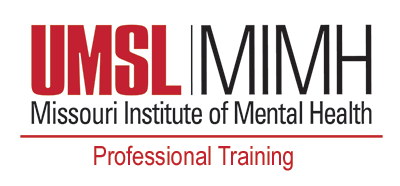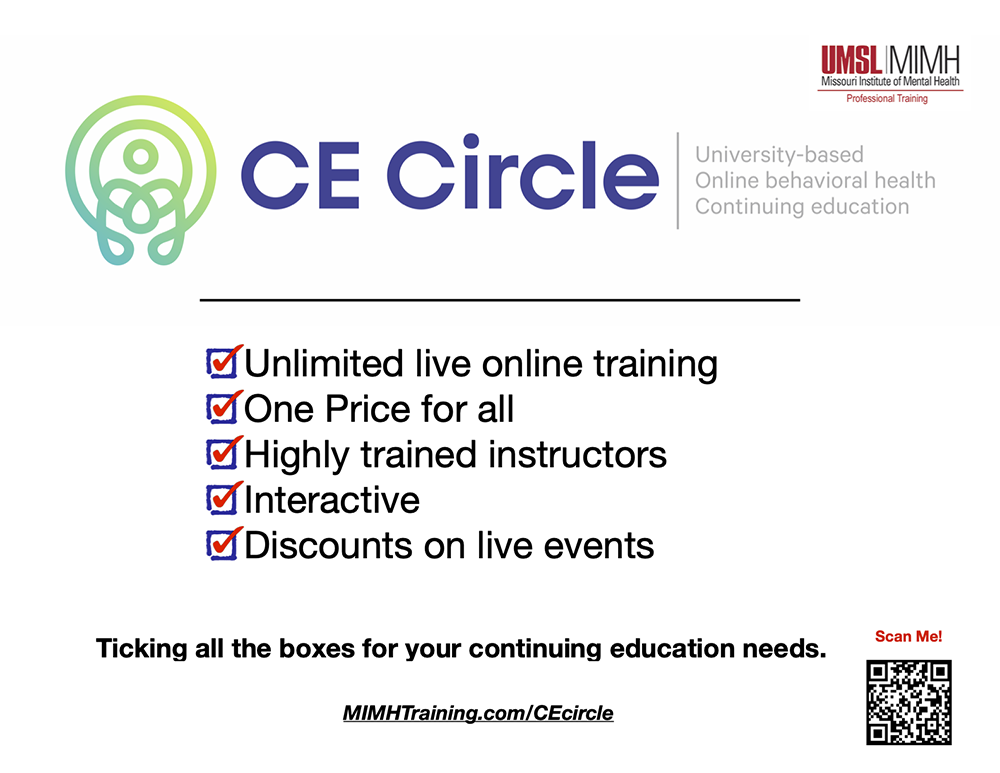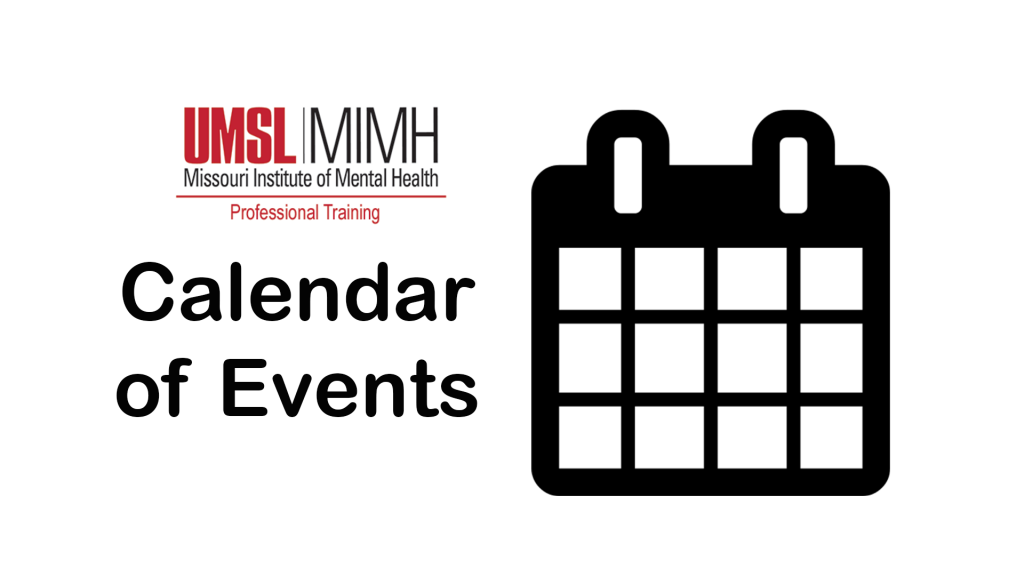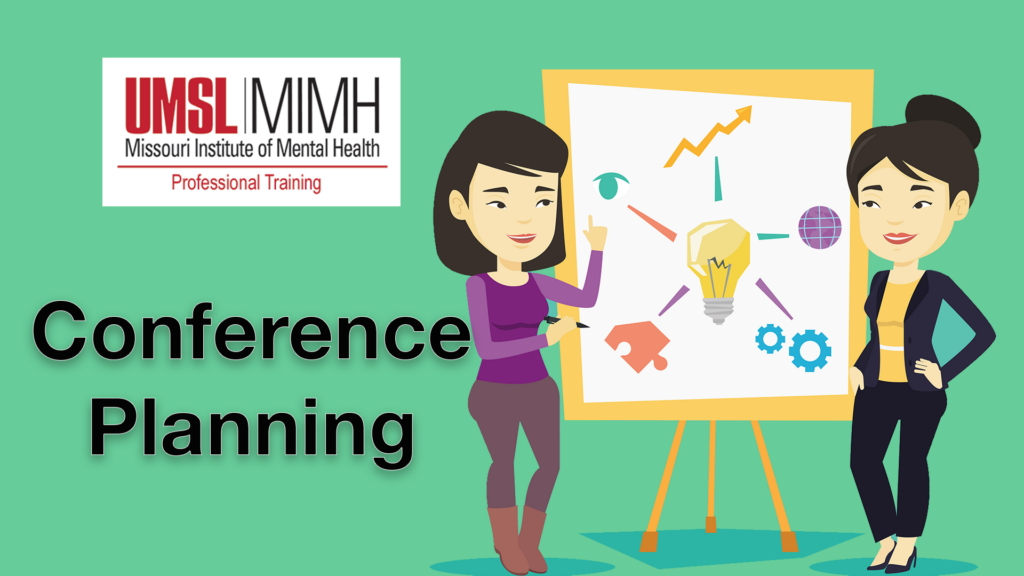One of the greatest misconceptions about Deaf culture is that it is “just a disability.” Deaf culture has its own language, values, behavioral norms and forms of artistic expression. In this presentation, Elijah Buchholz, LPC, will instruct viewers on how to provide culturally sensitive and competent mental health services to members of the Deaf community through understanding of the culture and its specific needs. He will also discuss Sign Language and how it can affect the process of communication in mental health treatment. Viewers will learn the “dos and don’ts” of communicating with deaf clients and how to work effectively with interpreters in mental health settings.
